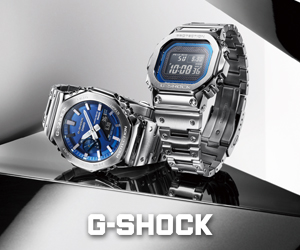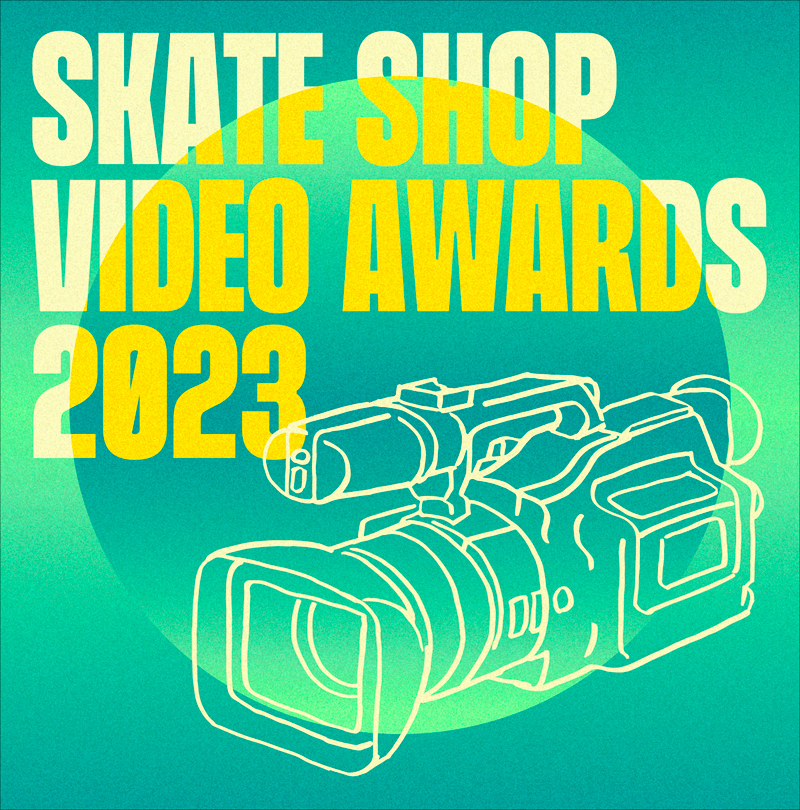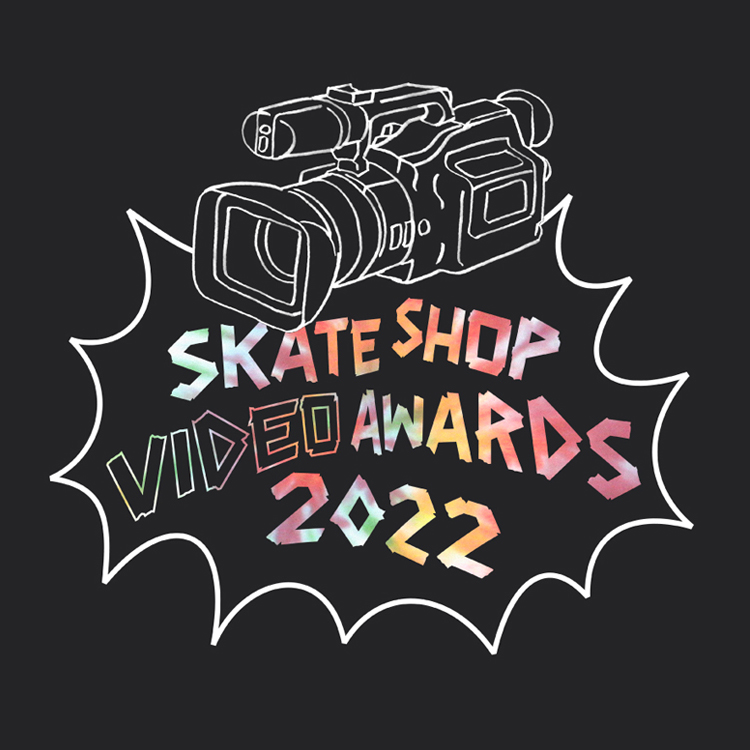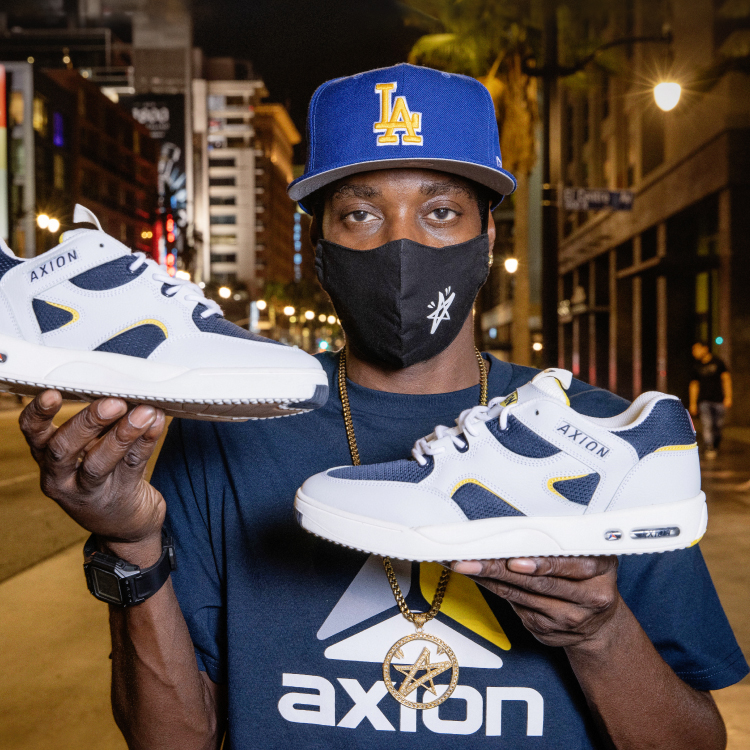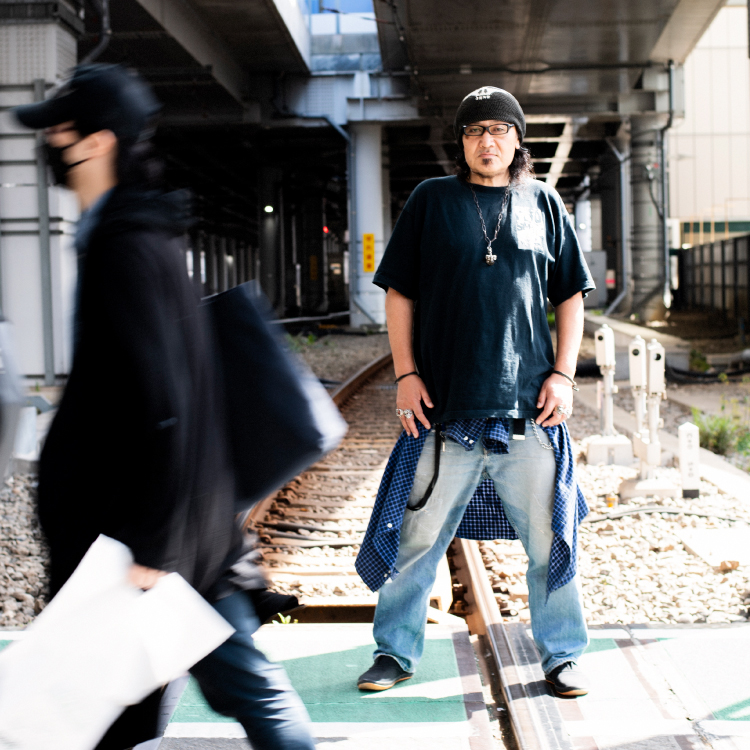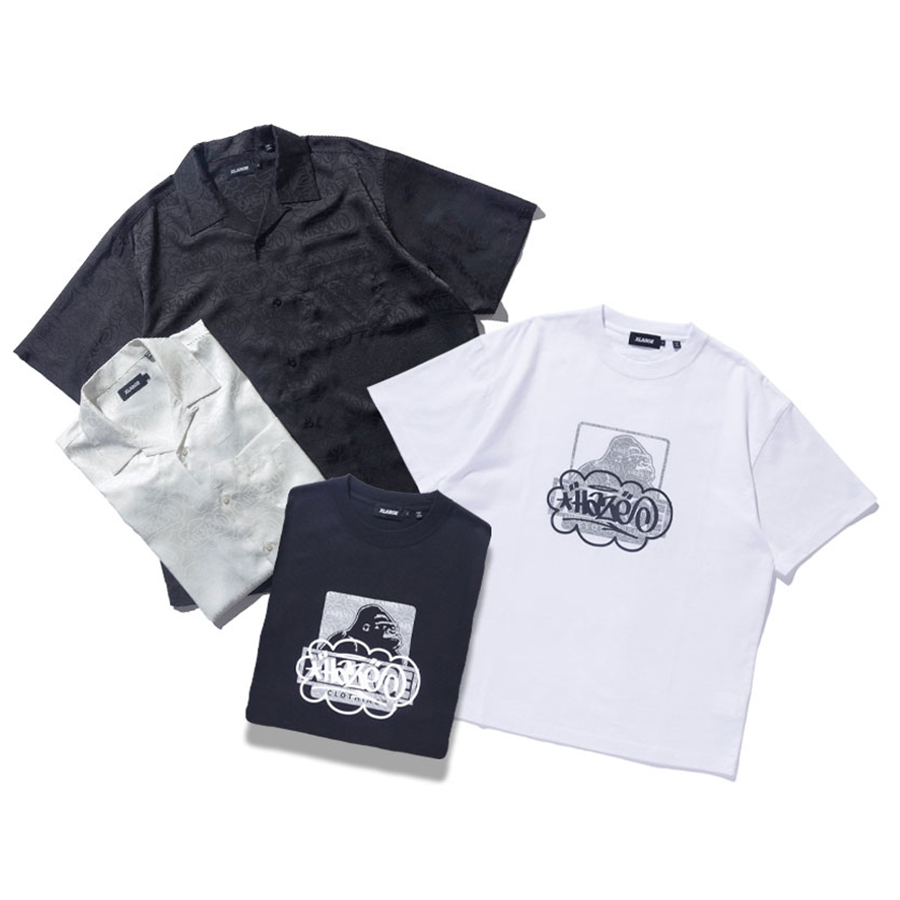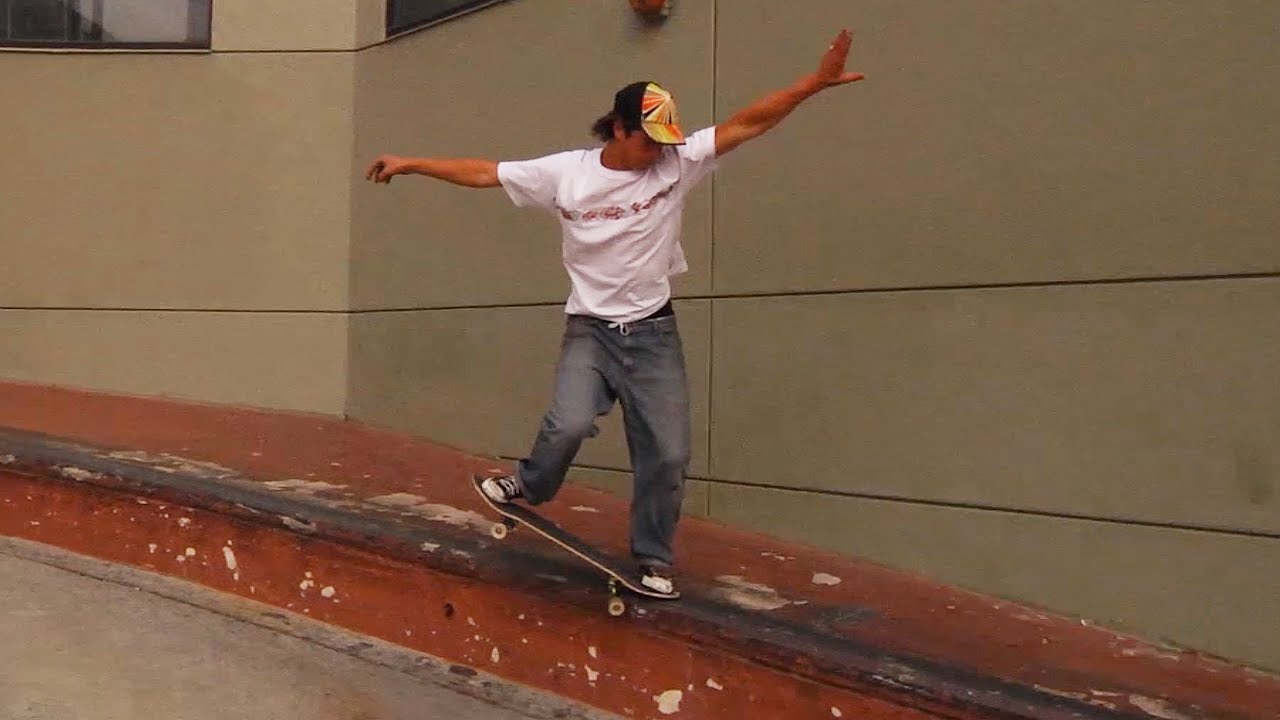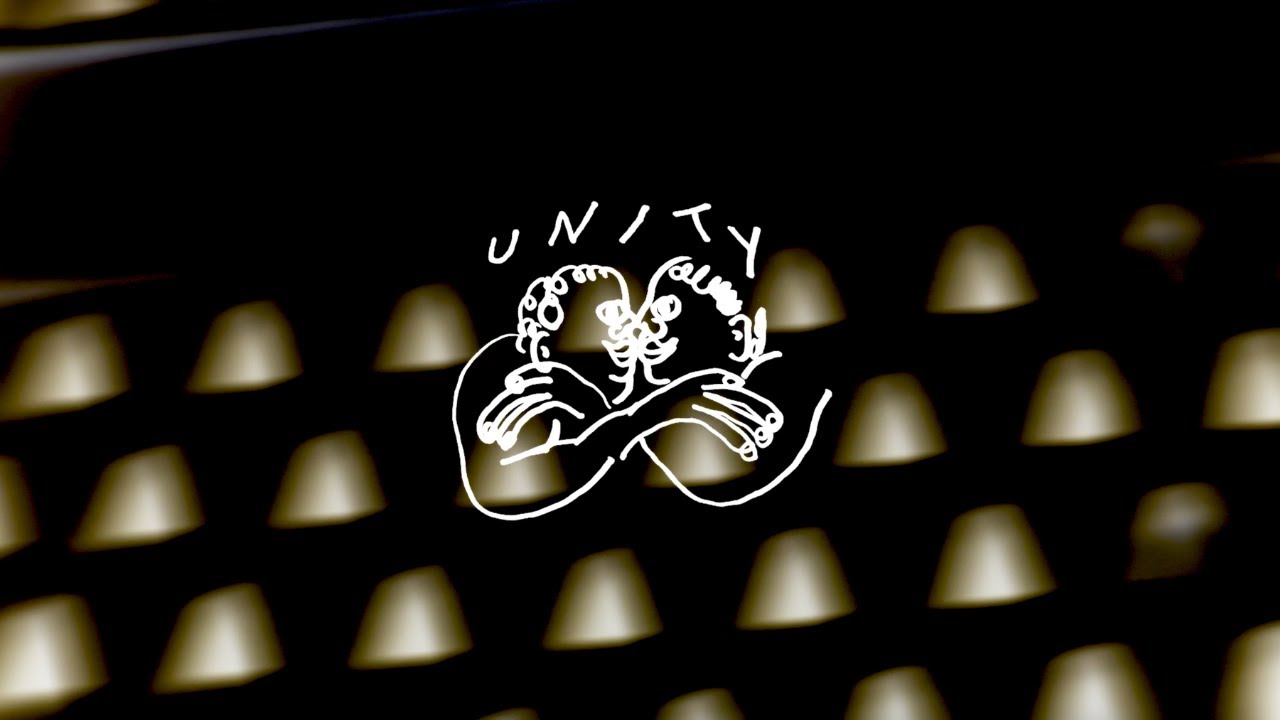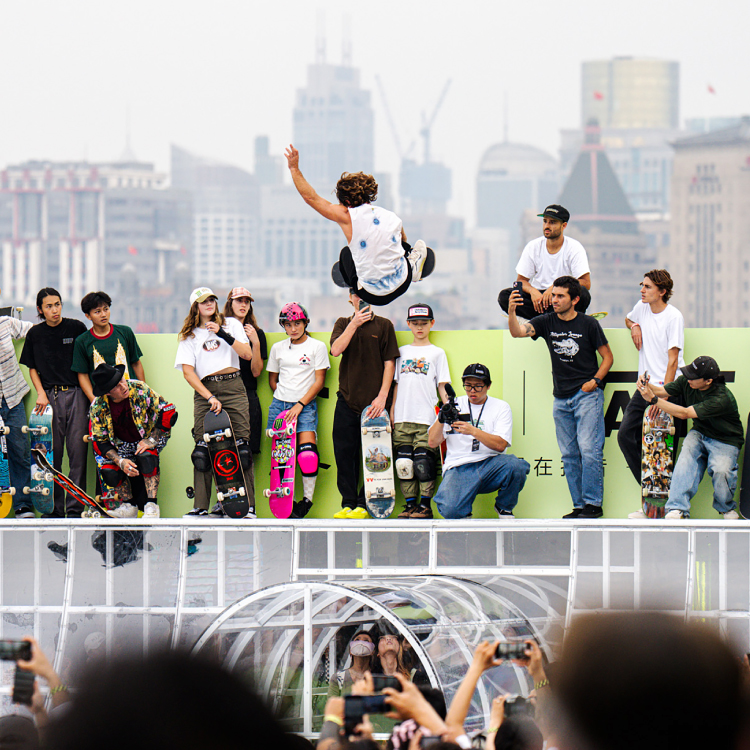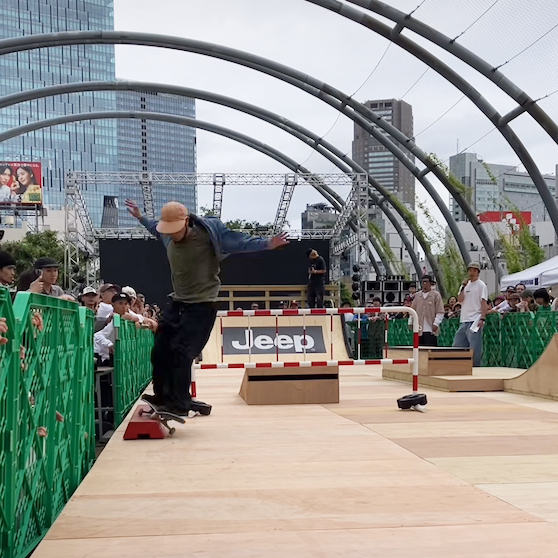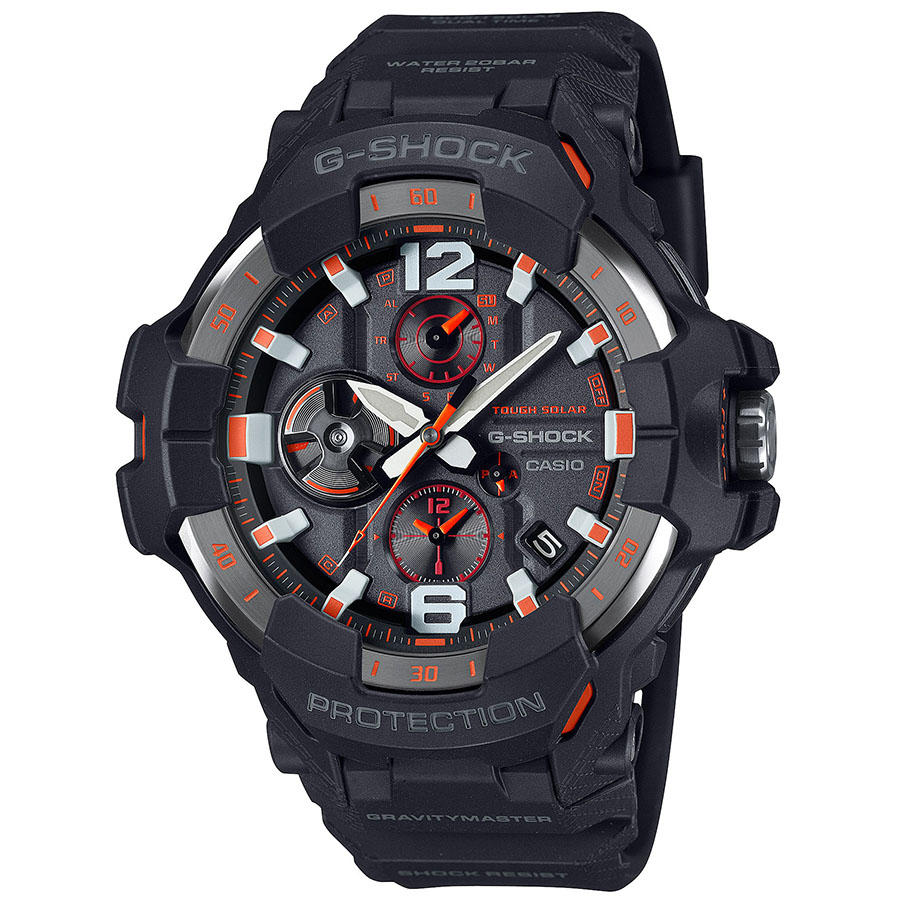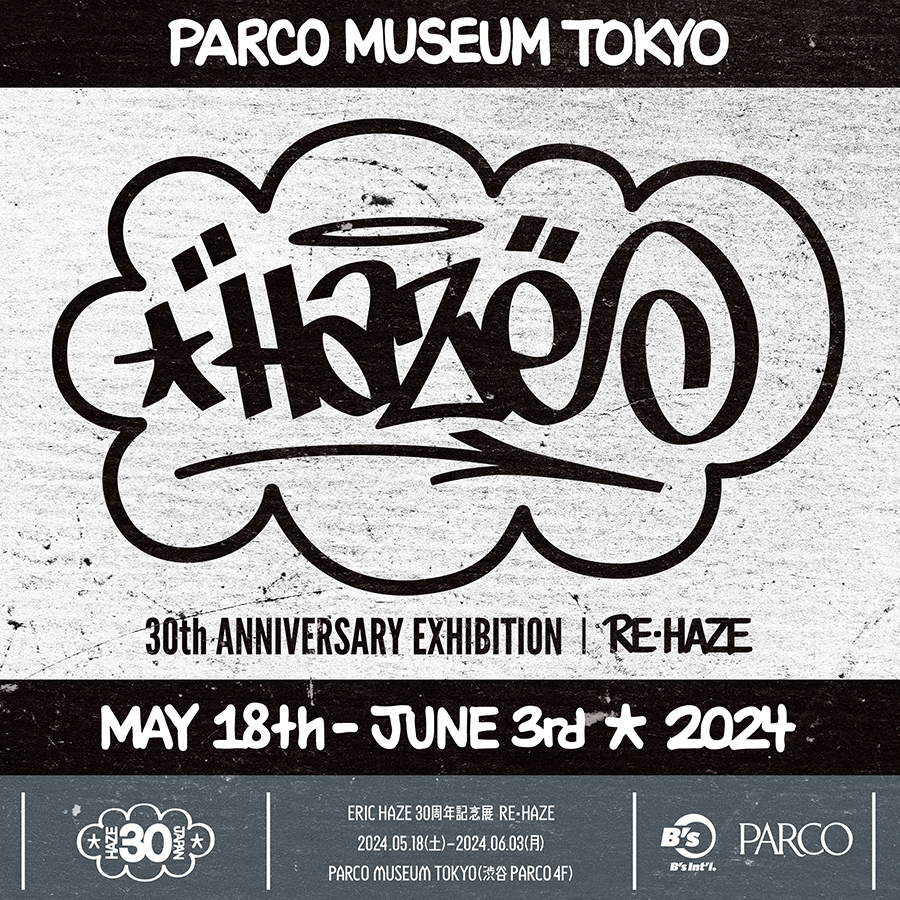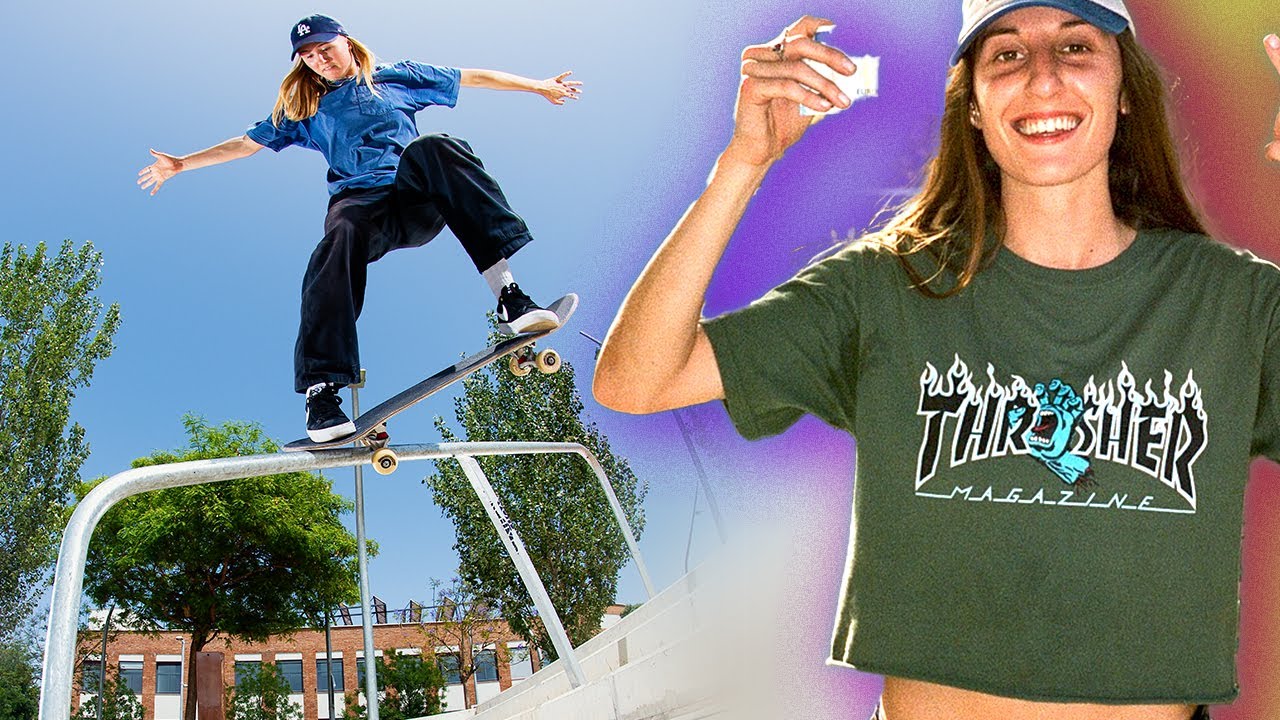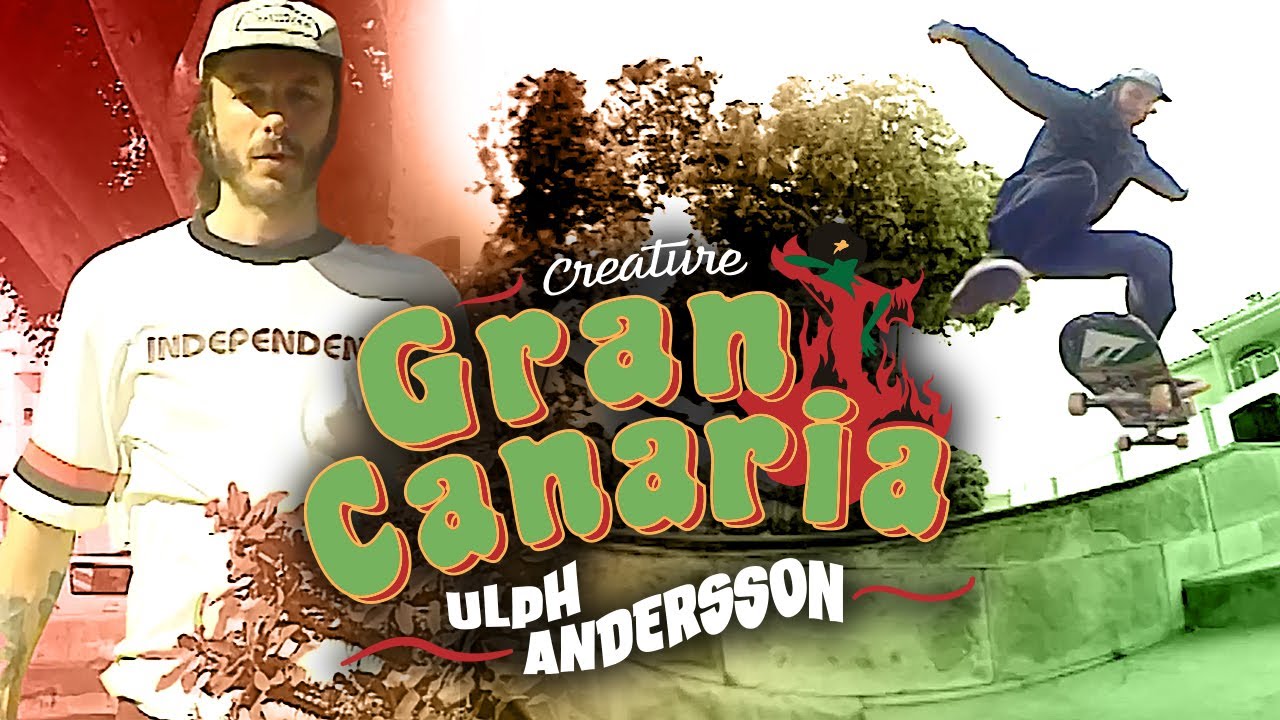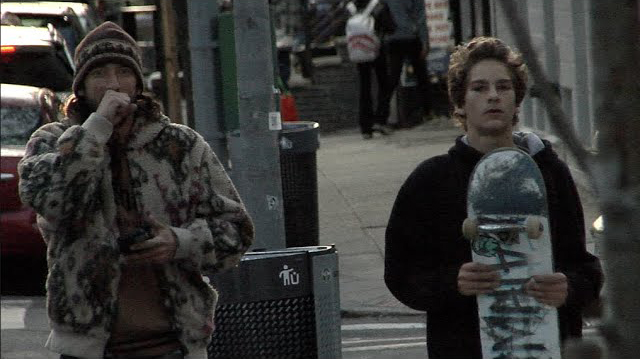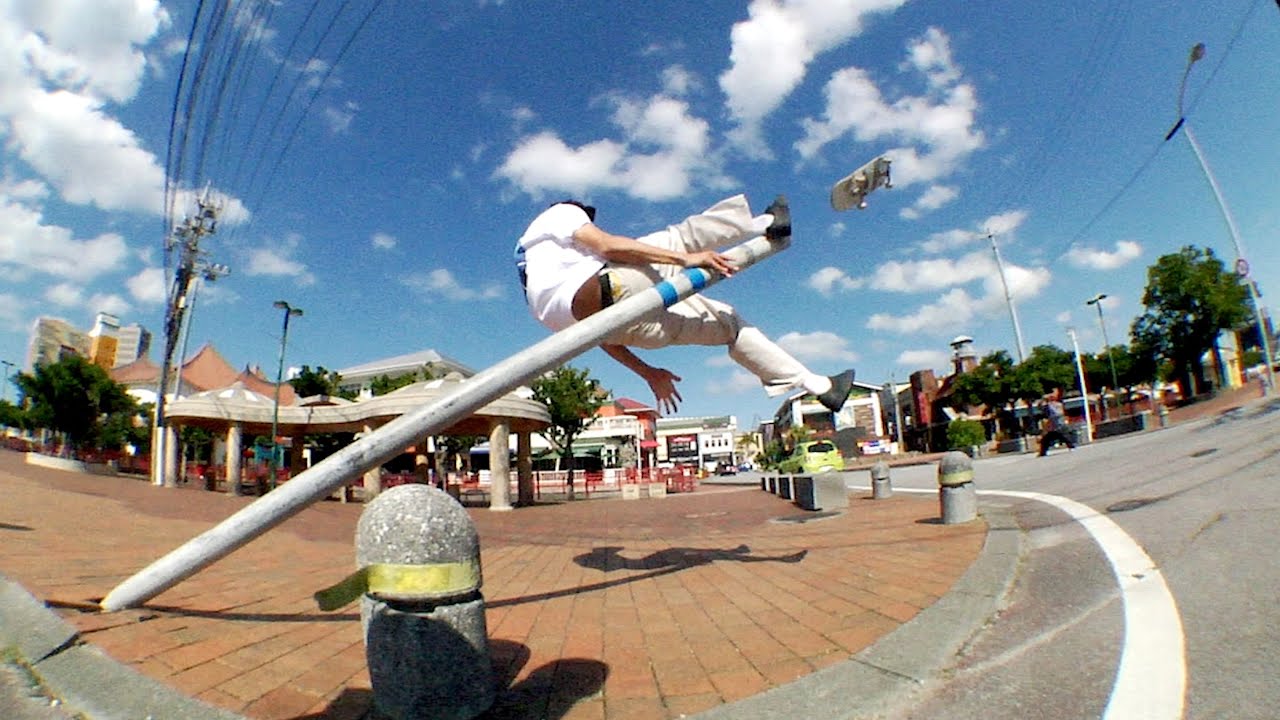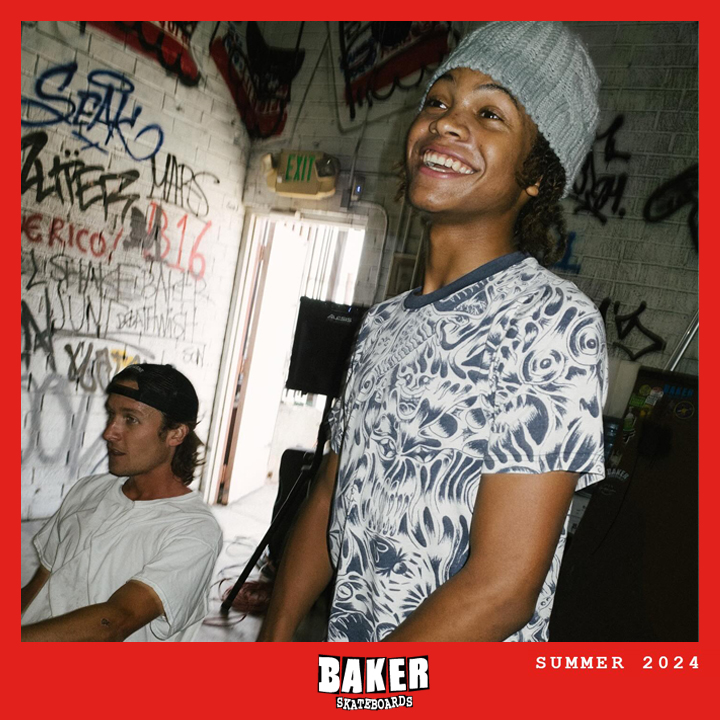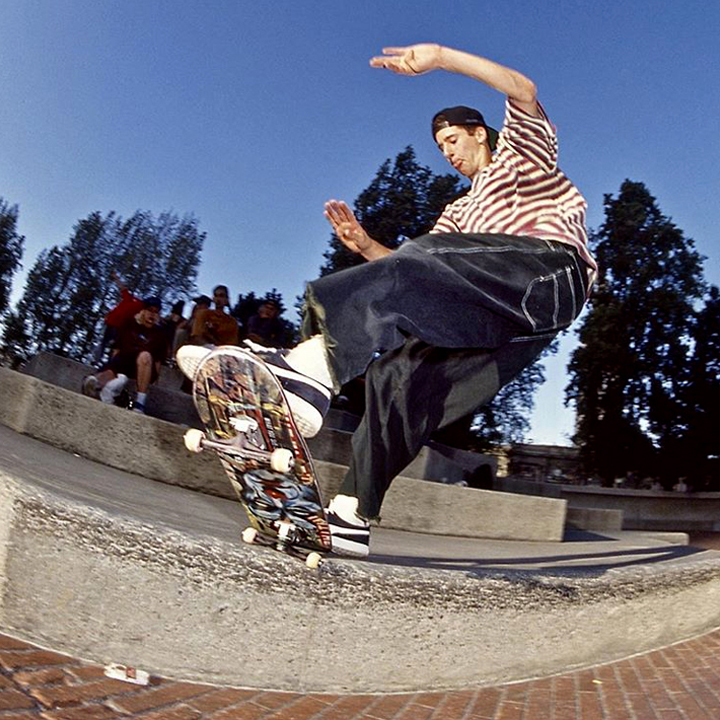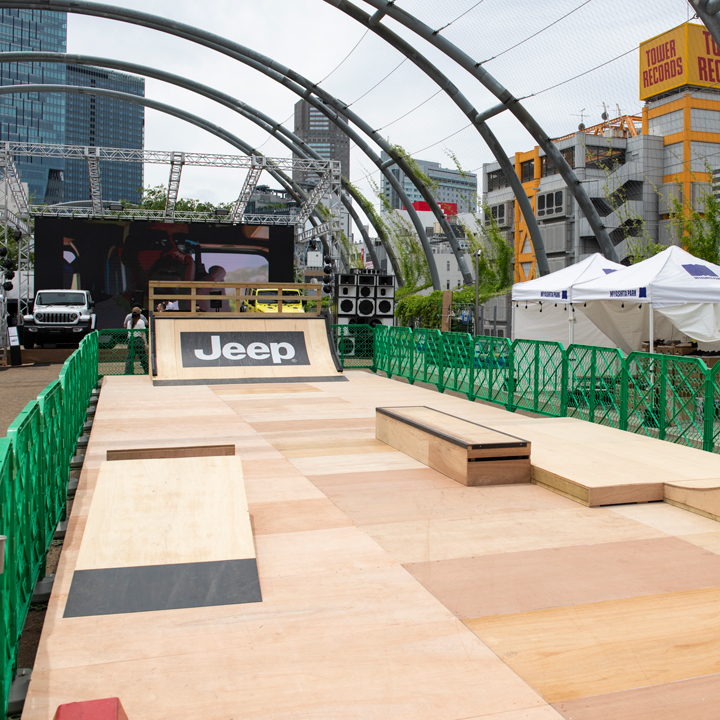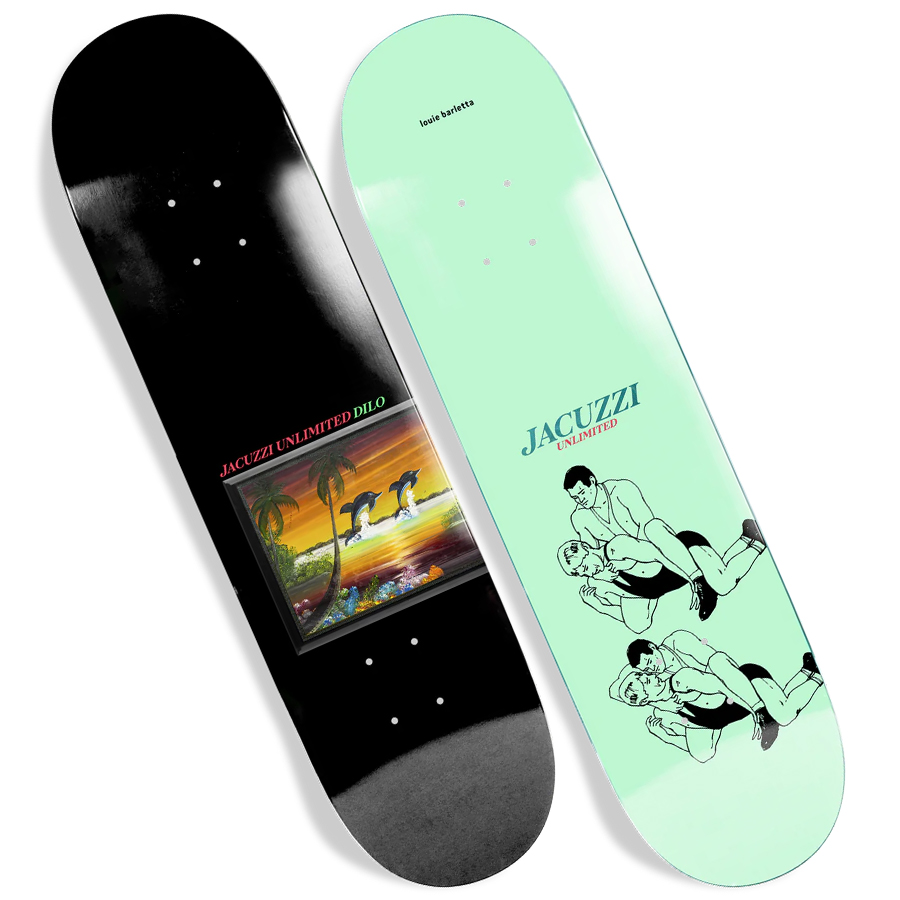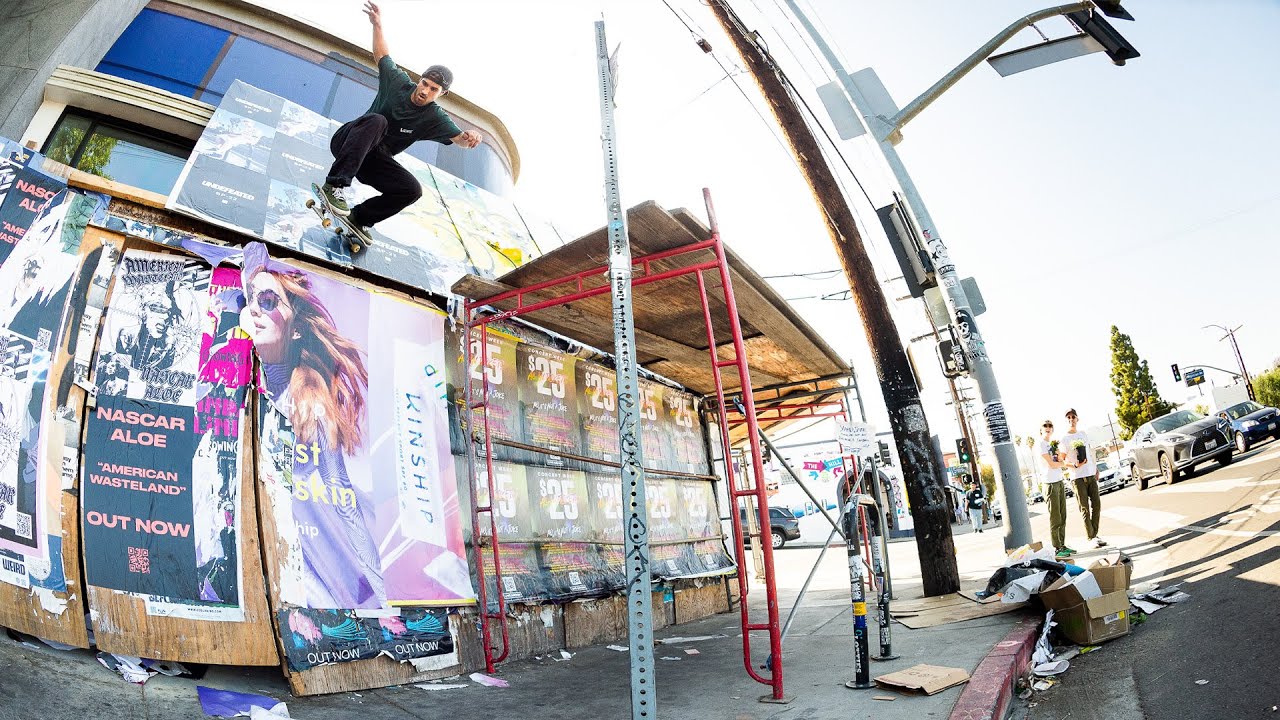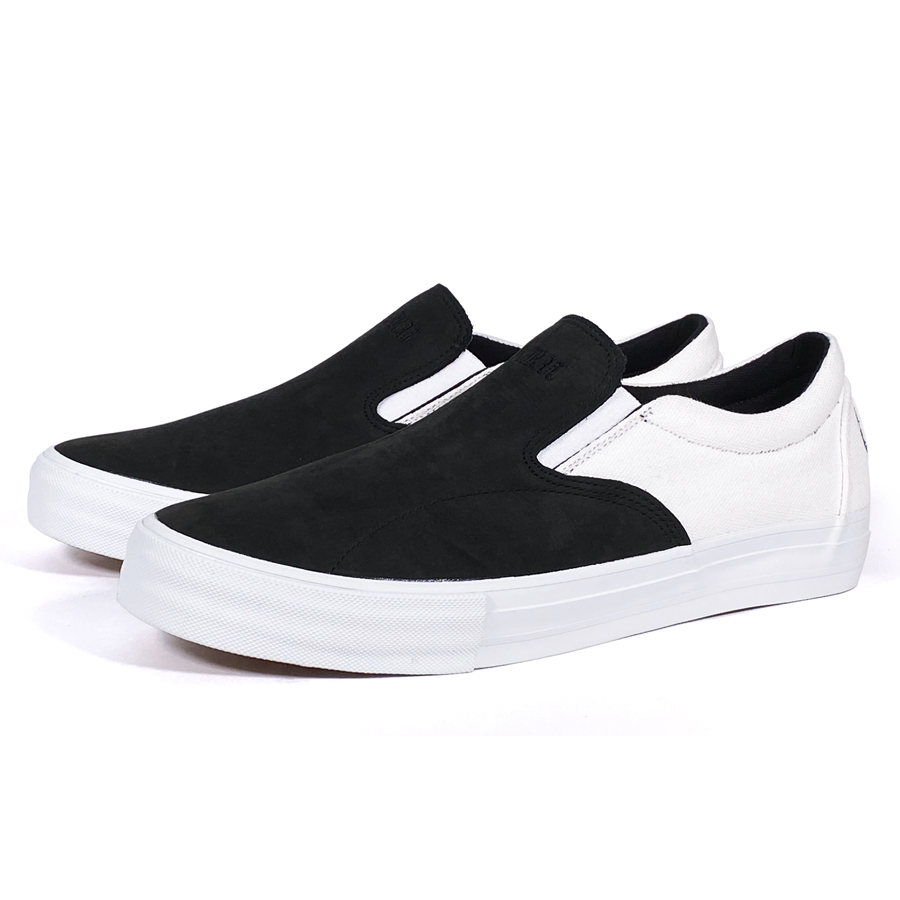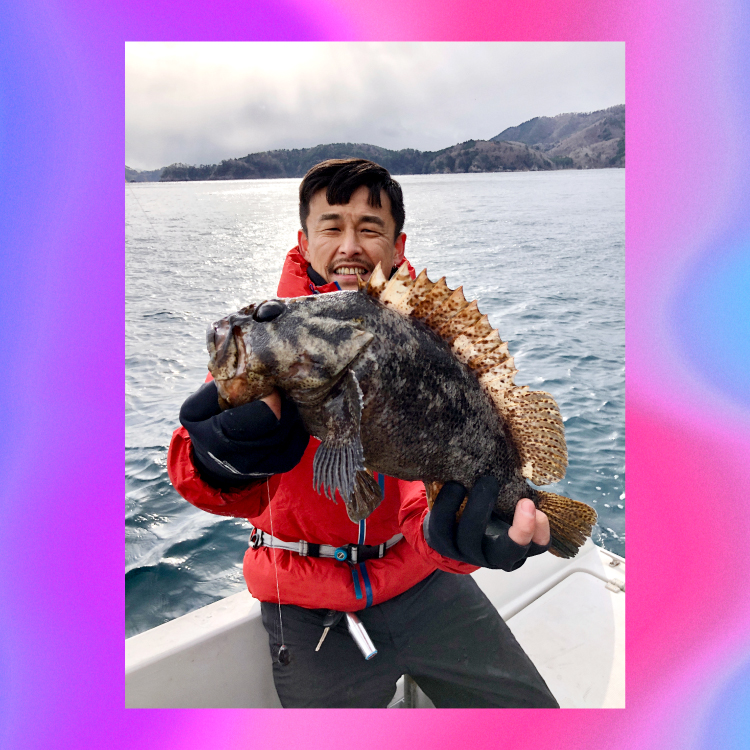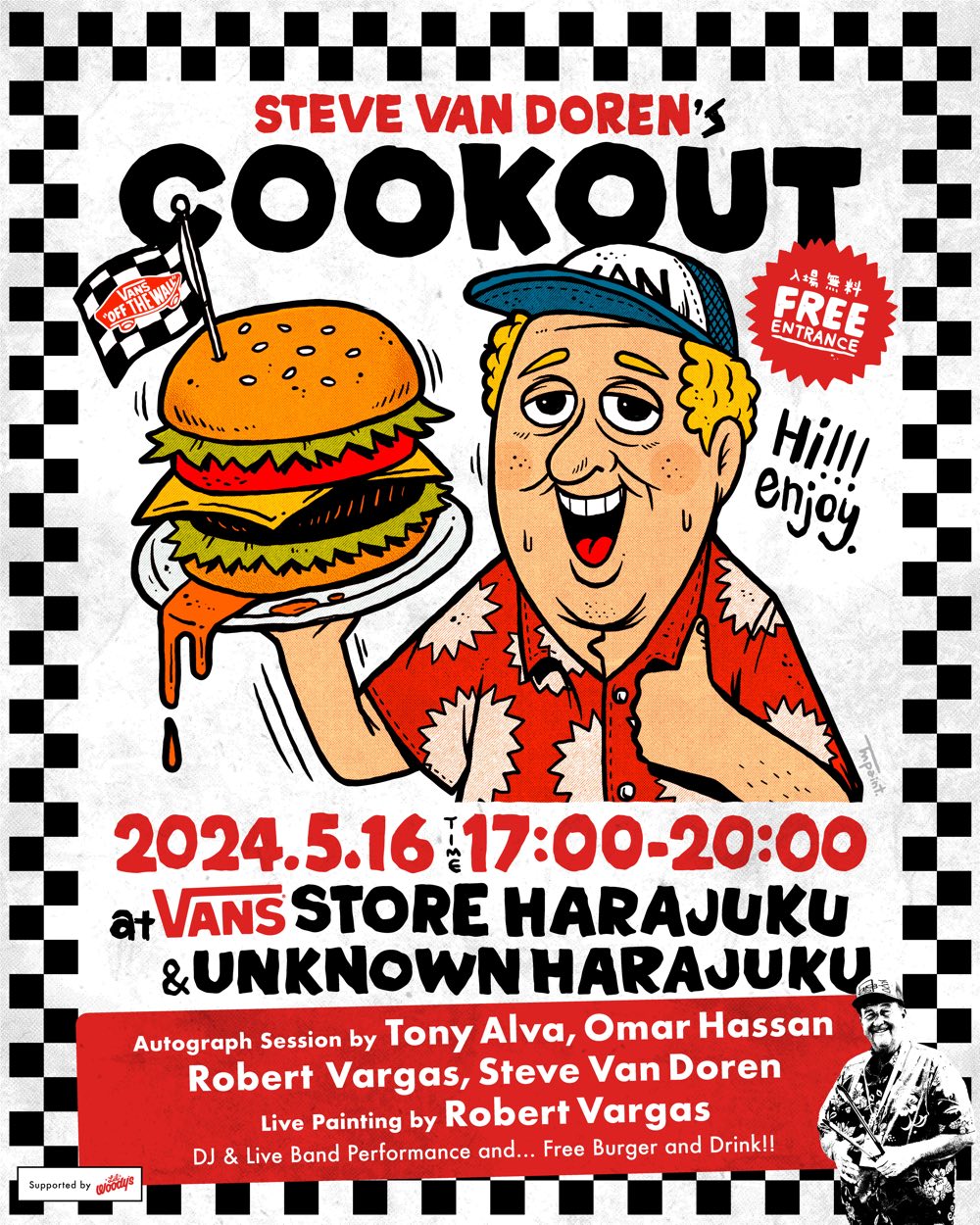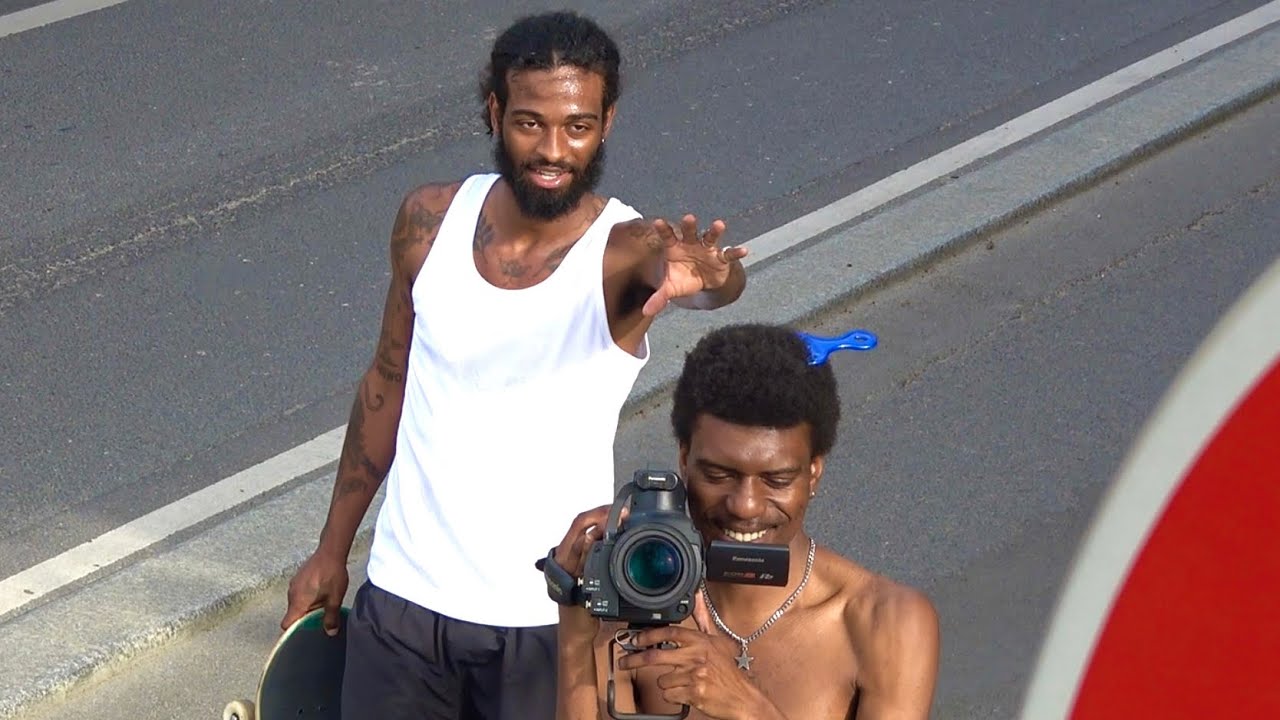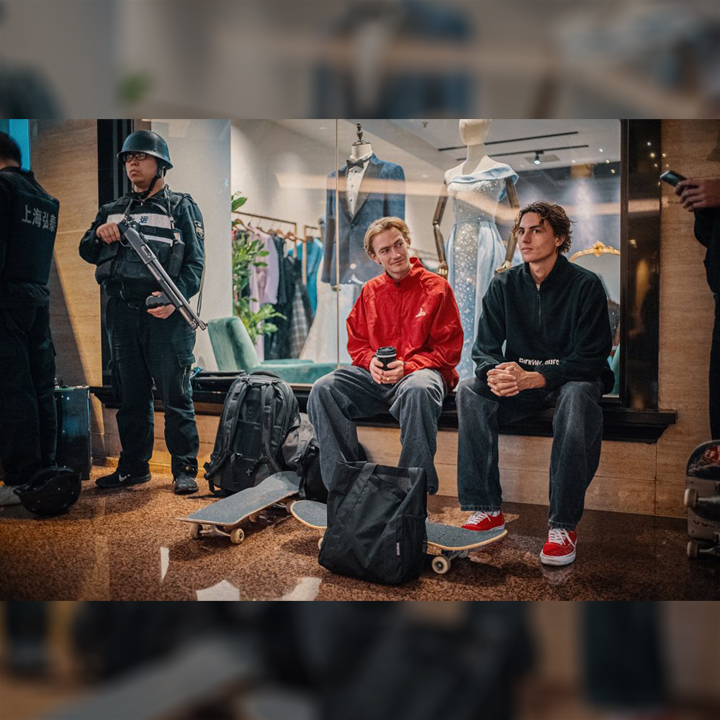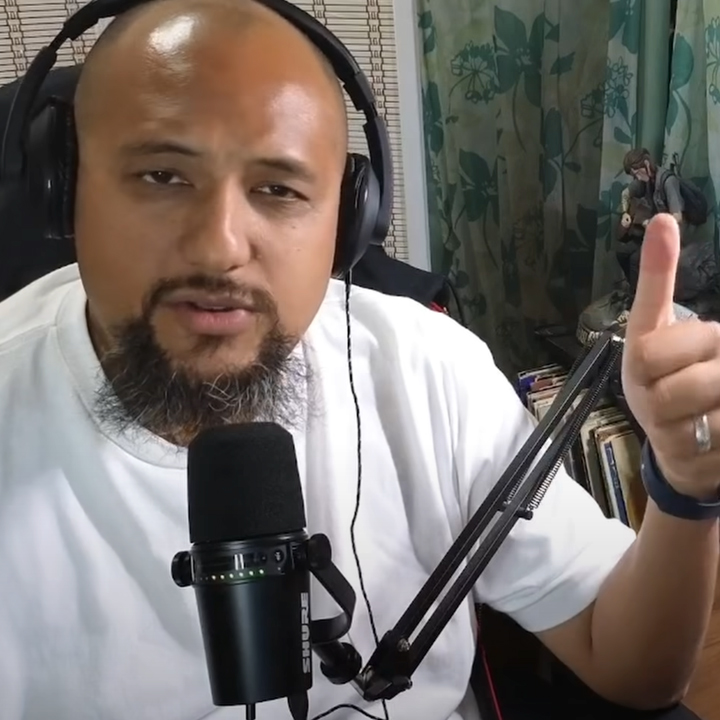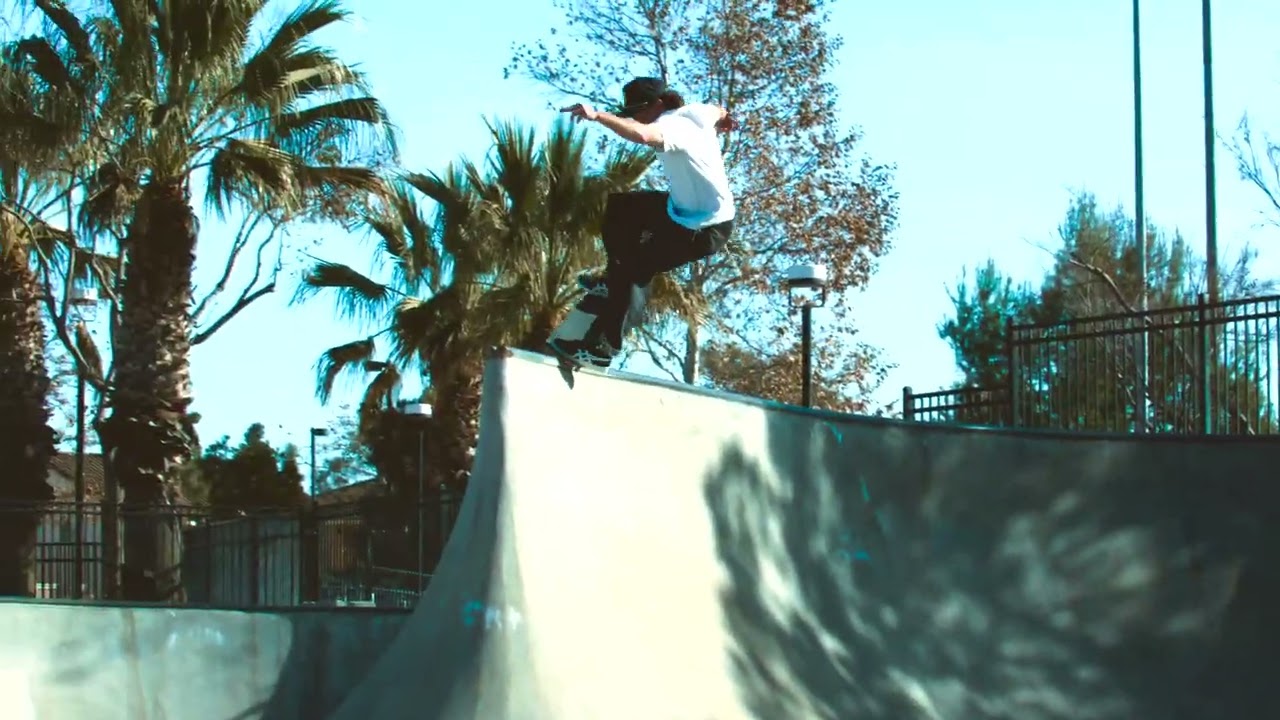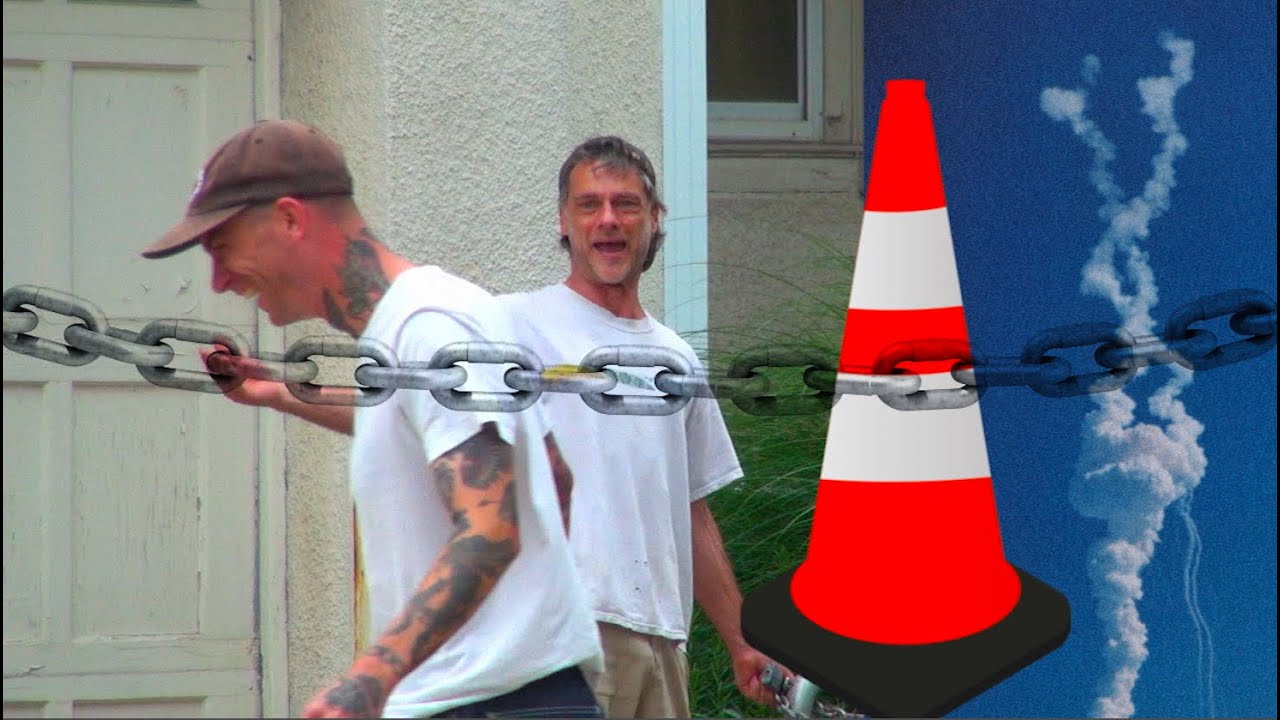The man behind New York underground art space Alleged Gallery, the man responsible for bringing out skaters' art pieces in the 90's. Aaron Rose looks back on the era during his visit in Tokyo for NOW & THEN, the retrospective exhibition of the Beautiful Losers.
──AARON ROSE (ENGLISH)
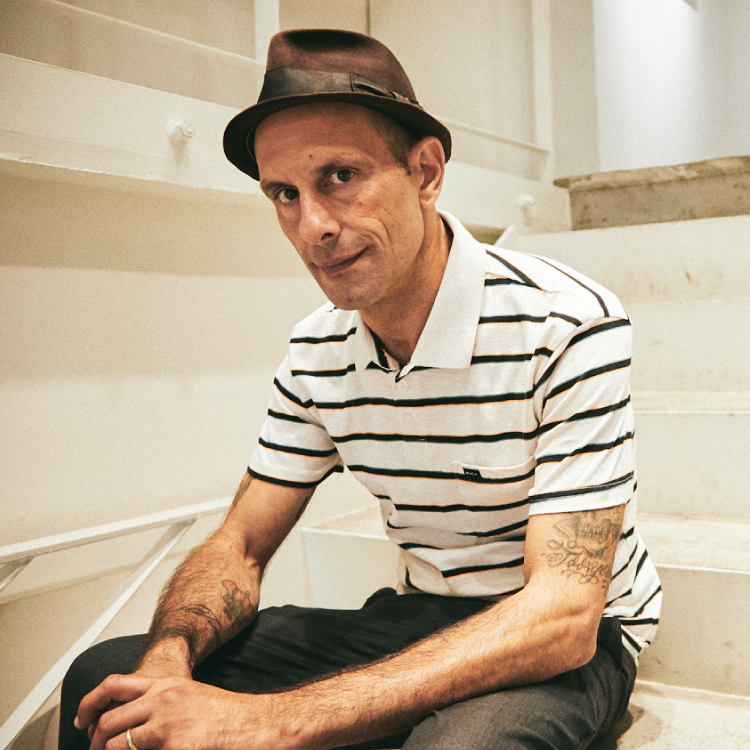
[ JAPANESE / ENGLISH ]
Photo_Junpei Ishikawa
Special thanks_RVCA Japan
VHSMAG (V): What initially inspired you to pursue a career in the first place?
Aaron Rose (A): I never wanted to pursue a career in art. It just happened. It was an accident. I never thought... I still don't think of it as a career 25 years later. I never think of it as a career because it's just hanging out with my friends. You know... and then people pay money for things but I never ever think strategically like it's a career. I think if I did everything would be horrible.
V: You ran a gallery back in the 90's. How did that come about?
A: It was an accident. Just because I moved into a storefront on Ludlow street worth $400 a month and I moved into it as my house. I'm a skateboarder and I had so many skateboarder friends that drew that we just decided to have parties and put drawings on the wall. You know, as an excuse basically for a party. People started to buy it and we decided to keep doing it because we know so many people who are artists.
V: What was the concept of the space?
A: New York at that time wasn't interested at all in any kind of underground art. So it was the only place to show if you were young. Artists that were interested in underground culture. Skateboarding, graffiti, fashion, movies... anything underground we would show it and there was no other place in New York that would do it.
V: So you lived there?
A: Yeah, I lived right above in a loft. Above the space. I worked a job still in the daytime so the gallery was only open from 6pm to midnight. It was right next door to a bar called Max Fish and we were open at the same time as they were. So we had the same hours as Max Fish basically so it was a night time gallery.
V: Running the gallery at first, what were the challenges?
A: There were so many challenges at first because it never made any money you know... I think probably for two years we never sold anything. I made the money at my day job and then I would just go there to hang out... so basically any kind of money was a huge challenge and then I think also not knowing anything... when the Alleged Gallery opened I had never ever been to an art gallery before. I didn't go so I didn't even know what it looks like... So just learning how to do it... work with artists and how you keep track of their work, how to be responsible with art work... I was very irresponsible. I lost art work. Art works got drawn on or graffitied on or broken.
V: How did skaters in the west coast come into the picture?
A: For example I met Ed Templeton through Thomas Campbell. Thomas came and did an exhibition and I met him through Andy Jenkins... Thomas was like, "Ed Templeton has a whole closet of paintings that he never shows anyone you should have him come and do a show." So I called Ed and then he came to New York. He drove all the paintings in a van from LA and did a show... It's a network of friends basically.
V: So it's the same with Mark Gonzales and Tobin Yelland...
A: Yeah, Tobin I met through Chris Johanson actually. I knew his pictures... way before Antihero... and then Mark I knew from Jeremy Henderson.
V: His a New York legend.
A: Yeah, Jeremy was my neighbor next door. He lived right on the corner on Ludlow and Stanton.
V: A lot of skaters from back then talk about Jeremy Henderson... why is he called a legend? He was probably the first to do all these creative things in skateboarding...
A: Yeah, New York skateboarding at that time was so small, maybe 25 skaters in the whole city. So it was like just a few guys but Jeremy was an interesting character because he was like a crossover guy... he was friends with Keith Herring and he was an artist, he still is an artist but he was also involved with early skateboard brands like Shut... His house was like a crash pad for people so Mark would always stay with Jeremy when he was in town. I met Mark through Jeremy. It was funny at first actually because when we first moved there, because we were a little younger than Jeremy, he was a real asshole.
V: He was?
A: Yeah, he was like, "Who are you young skater guys," you know what I mean? It took a while until we became friends.
V: What are some of the most memorable things from those days?
A: The freedom of not having to be professional you know... that's a great freedom. When you don't have to be responsible, you don't have to be professional, then only motivation is just the creativity... As you get more well known and you get making more money you have to become more professional and something is lost. You need to follow rules.
V: What inspired you to keep the gallery going?
A: Just showing my friends' work. They weren't something you could see in the mainstream. It was the only underground way of talking and thinking... Very much against everything that was popular, which is different now because now everyone wants to be popular. We live in a culture now that everyone wants to be like an Instagram popular. We were like, "Everything popular sucks. If it's not popular it's real."
V: That's where the title Beautiful Losers came from. You said it was all an accident but you made a huge impact in the community. How do you feel looking back?
A: Well, the film Beautiful Losers is now taught in high school art classes in the US.
V: Really?
A: Yeah, all the public high schools play this movie in their high school art class. For me that's the best. This whole generation of teenagers are learning that in school and so for me that is like job finished.
V: You said everything is about being popular now. Do you think the importance of DIY mentality is till embraced today?
A: There's always going to be little pockets but... the pendulum always swings with culture. Everything is here and then all of a sudden everyone run over here... so it will come back but I feel right now the do it yourself idea in general is not really what people find important. They find success important. No matter what you do, the most important thing is the success part where as for me and I think probably every artist you talk for this is the journey, the story, the growth... that's the magic. The success is kinda like boring, you know. It means I have to go to dinners with people I don't like. Before I didn't have to.
V: How do you feel now that you're revisiting the things you did in the 90's?
A: It's nice because we're all still friends but we never see each other you know... we all have different lives, different worlds, different bubbles. Everyone's busy so I never see these people... the main reason I think everyone is doing it is just to hang out because we don't see each other you know.
V: How did RVCA come in the picture for this show?
A: When I moved to Los Angeles from New York at the end of Alleged Gallery, the owner of RVCA asked me and Ed Templeton and another friend of ours name Brendan Fowler to make a magazine called ANP Quarterly. It was like 12 years ago or something.
V: That's right, it makes total sense. So the show is called NOW & THEN. What are the changes you feel?
A: Everyone is professional now. When we were setting this up it was a big mess in here... it's still a little bit of a mess but it was crazy fucking mess and everyone was like, "Are you going to be okay?" and I was like, "Everyone is professional now. It'll be fine." 20 years ago I wouldn't be feeling the same way.
V: With all the things you've done, what do you feel most proud of?
A: I think just being able to inspire people to follow their dreams even if they don't have any resources to do it. Going back to the DYI idea... if you want to start a gallery then you start a gallery in your bedroom. If you want to start a restaurant you rent a small place and you sell your burritos from there... I've heard so many stories like that, people who started really small and it growing to be a big business. There are people like, "I watched that movie and I learned about that and I can just do this. I don't have to wait for a big investor or anything like that." You can just find a little corner and start whatever you want and then if it is good, then it will grow.
Aaron Rose
@aaronroseofficial
Born in 1969 in Portland Oregon. He ran Alleged Gallery from 1992 to 2002 and directed documentary film Beautiful Losers. He currently works as editor of RVCA's ANP Quarterly.
